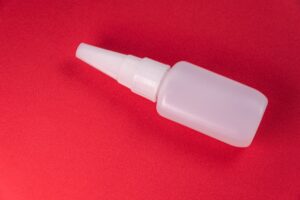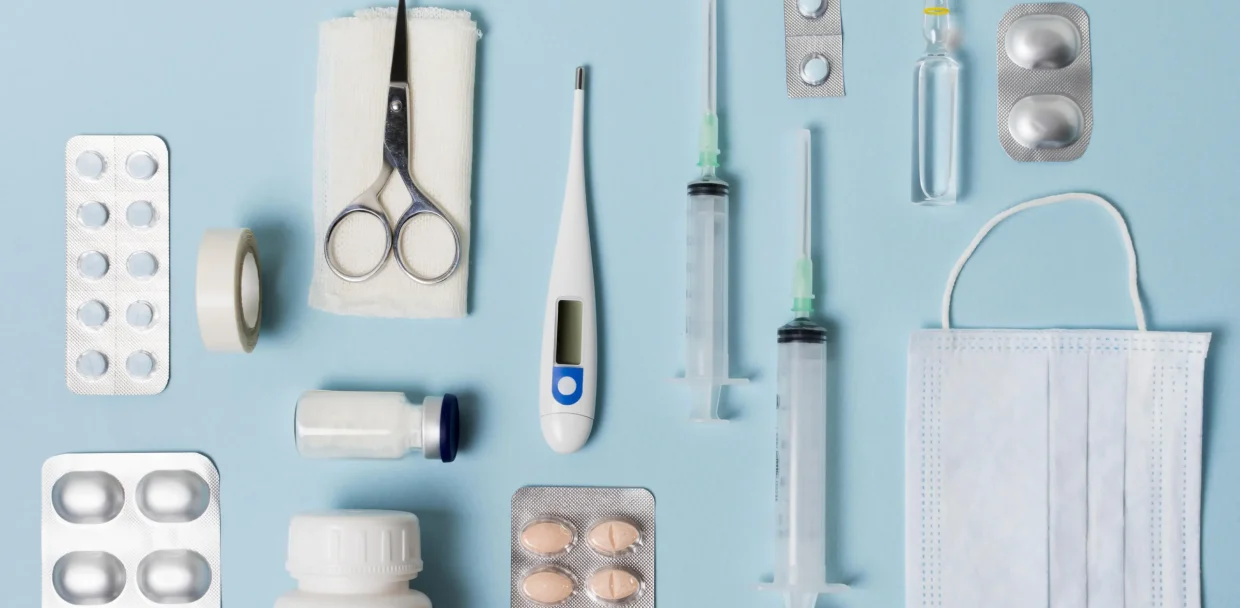

Contents
In today’s fast-paced healthcare world, having access to affordable, reliable, and high-quality wholesale medical supplies is essential for every hospital, clinic, and healthcare facility. Whether you’re a physician, nurse, or caregiver, the right supplies make all the difference in providing safe and efficient care.
From surgical tools to basic medical equipment, healthcare organizations rely on consistent and cost-effective sourcing. Buying in bulk not only reduces overall costs but also ensures that medical professionals have the right tools when emergencies arise. In times when patient volume fluctuates or unexpected crises occur, having a well-stocked inventory can literally save lives.
This guide explores how to find affordable wholesale options, the most essential products to include, and how to maintain quality and compliance with FDA standards.
Wholesale medical supplies refer to bulk quantities of healthcare products and equipment purchased directly from manufacturers or distributors at discounted prices. These include surgical instruments, consumables, and emergency kits used in hospitals, clinics, and care facilities. Buying wholesale ensures cost savings, consistent quality, and a steady supply of essential medical supplies for medical professionals, caregivers, and healthcare institutions providing daily patient care.
Purchasing wholesale medical supplies gives healthcare providers better control over costs, consistency, and inventory. It allows organizations to:
For small clinics and large hospitals alike, wholesale purchasing is a practical solution for sustaining reliable patient care without overspending.
Every healthcare setting has unique needs. To buy effectively, it’s important to understand the key categories of medical supply products used daily by medical professionals and caregivers.
These include essential products such as:
High-quality surgical instruments are critical in hospitals and operating rooms. These include:
Modern healthcare depends on accurate diagnostics. Bulk purchasing for medical equipment such as:
Emergencies can occur anytime, which makes readiness a must. Facilities should always stock:
Wholesale purchasing ensures every emergency cabinet and ambulance remains equipped for immediate response.
When sourcing supplies in bulk, careful planning ensures both cost savings and quality compliance.
Cost Efficiency: Wholesale purchasing minimizes costs for items like gloves, syringes, and bandages. With reduced shipping frequency and per-unit pricing, facilities can save up to 30–50% on recurring consumables.
Better Inventory Management: Having consistent stock allows healthcare professionals to focus on patient care rather than supply shortages. Effective inventory management also reduces waste and prevents last-minute rush orders.
Emergency Readiness: By stocking emergency medical supplies such as defibrillators, tourniquets, and first aid kits, clinics remain prepared for both everyday incidents and large-scale emergencies.
Consistent Quality: Buying from the same trusted manufacturer ensures uniform quality across all medical supplies, eliminating variability that can affect treatment outcomes.
When ordering wholesale medical supplies, focus on the essentials that every healthcare environment depends on daily.
Protective Equipment: includes gloves and masks for infection control, as well as disposable gowns and face shields to ensure complete protection for healthcare professionals and patients during medical procedures and examinations.
Basic Medical Tools: such as stethoscopes, thermometers, and blood pressure cuffs are vital for daily checkups and diagnostics, providing accurate measurements and supporting early detection of health concerns in clinical environments.
Surgical Supplies: like forceps, scissors, and scalpels are essential for precision in procedures, while Surgical Gloves and sutures maintain sterility, minimizing infection risks and ensuring optimal outcomes during surgical operations.
Consumables: such as bandages, gauze, syringes, and disinfectants are used frequently in treatments, along with medical-grade wipes and sponges that enhance patient comfort and support safe, efficient wound care.
Emergency Equipment: including defibrillators, oxygen masks, splints, and emergency medical kits ensures readiness for urgent care, while portable trauma kits keep first responders equipped for fast, lifesaving interventions in emergencies.
These products form the backbone of patient care across all healthcare settings and should be restocked regularly through bulk medical supplies orders.
Avoiding these mistakes ensures both savings and reliability across your healthcare operations.
Maintaining quality and compliance after purchasing medical supplies is crucial for patient safety and regulatory adherence. Every medical supply must meet FDA standards and undergo regular quality inspections. Upon delivery, all items should be checked for packaging integrity and expiration dates to ensure usability. Supplies must be stored in clean, climate-controlled environments to avoid damage or contamination.
Labeling inventory by batch and date supports accurate tracking and quick identification during audits. Staff should receive proper training on handling sterile materials to prevent cross-contamination. Continuous monitoring guarantees that all supplies remain safe, effective, and fully compliant throughout their entire shelf life.
Every purchase must meet healthcare quality benchmarks. To ensure compliance:
These steps protect patient safety and keep facilities aligned with healthcare regulations.
Buying wholesale medical supplies is one of the most effective ways to reduce costs, ensure availability, and maintain consistent quality across healthcare environments. From gloves, bandages, and syringes to surgical instruments and emergency medical kits, the right supplier helps every hospital and clinic stay prepared for any situation.
At Strouden, we provide premium, cost-efficient medical supplies that meet strict FDA standards and industry expectations. Our range includes surgical tools, diagnostic devices, emergency medical equipment, and essential medical consumables for every healthcare setting. With trusted quality, bulk pricing, and exceptional customer service, Strouden helps hospitals, clinics, and caregivers deliver reliable care to their patients and loved ones.
Contact us today to access affordable, high-quality wholesale supplies and keep your healthcare facility fully equipped for safe, efficient, and professional care.
Wholesale medical supplies are healthcare products like gloves, syringes, and surgical instruments purchased in bulk directly from manufacturers or distributors. Buying wholesale ensures affordability, consistent quality, and reliable stock for hospitals, clinics, and caregivers.
Hospitals buy medical supplies in bulk to save costs, maintain inventory, and ensure consistent product availability. Bulk purchasing supports large patient volumes, emergency preparedness, and efficient healthcare operations without the risk of supply shortages.
Benefits include cost efficiency, better inventory control, and steady supply availability. Buying wholesale medical supplies guarantees that healthcare professionals always have access to essential products, improving treatment quality and ensuring compliance with safety standards.
Essential products include gloves, masks, bandages, syringes, scissors, and defibrillators. These basic medical tools support daily patient care, emergency response, and surgery preparation in hospitals, clinics, and other healthcare environments.